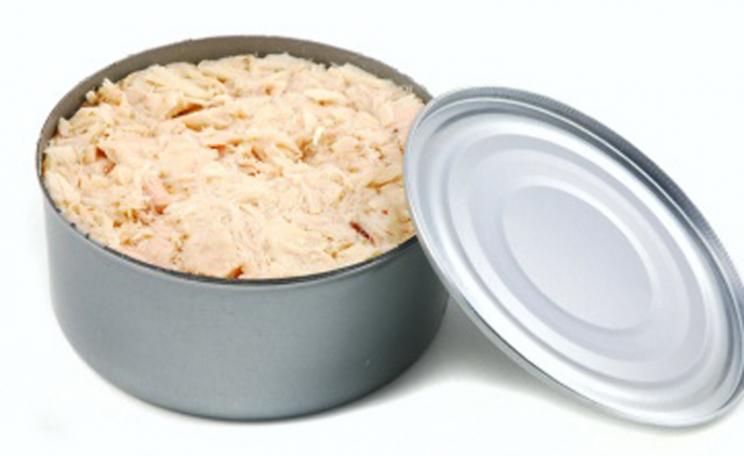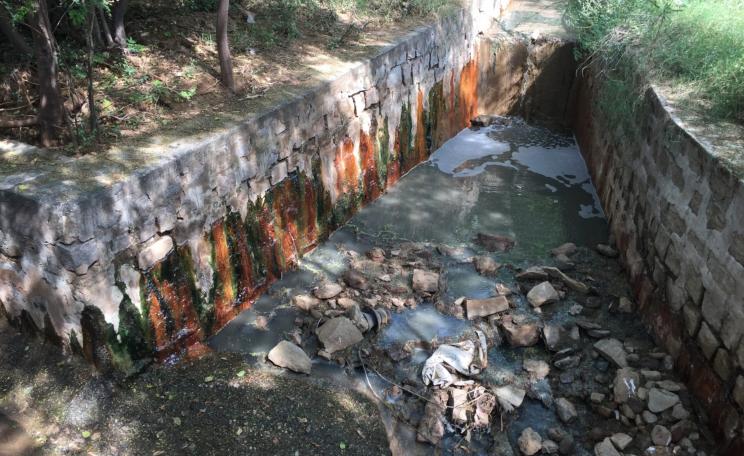In June, a groundbreaking film will raise the alarm about the shocking state of the world’s oceans. In The End of the Line, former Telegraph reporter Charles Clover travels the world to investigate the impact of overfishing, concluding that blame for the crisis lies squarely at the feet of consumers who munch through 140 million tonnes of seafood a year. He asks us to imagine a world without fish and hopes to spearhead the world’s biggest ‘save the seas’ campaign to date.
Such an ambitious initiative would not be possible without the efforts of pioneering campaigners and activists who work doggedly to expose the often unreported abuses of the world’s marine and coastal environments – from over-exploitation of fish stocks, illegal ‘pirate’ fishing and destructive trawling to aquaculture, whaling and shark-finning, as well as the threats posed by pollution and climate change.
Working at the sharp end, with few resources and little funding, they face myriad dangers – and in some cases have paid the ultimate price. Most famously, activists from the controversial Sea Shepherd group have frequently found themselves in the firing line. The direct action group has repeatedly been attacked, threatened and subjected to constant smear campaigns by governments and law-enforcement agencies that have branded them ‘terrorists’.
Sea Shepherd made headlines last year when activists Giles Lane and Benjamin Potts were held hostage and beaten by Japanese whalers. Less well-known, Sea Shepherd campaigners were almost killed while trying to document the controversial Taiji dolphin hunt in Japan. Morgan Whorwood and Brooke McDonald managed to obtain graphic film of the slaughter of striped dolphins, killed for their meat, but desperate to seize the footage, fishermen attempted to throw the pair off a cliff into the sea.
Although they managed to smuggle the footage out – subsequently beamed around the world and temporarily halting the Taiji killing – the activists were forced to leave Japan after receiving death threats.
More recently, Greenpeace was forced to go undercover to expose an embezzlement ring involving crew members on board Japanese whaling ship Nisshin Maru. Their investigation revealed evidence that crew members were taking the best cuts of whale meat during last year’s so-called ‘scientific hunt’ and smuggling it ashore disguised as personal luggage before passing it to traders for illegal sales.
Following the revelations, Greenpeace offices in Tokyo, and the homes of Greenpeace staff, were raided by Japanese police; two campaigners – Junichi Sato and Toru Suzuki – were arrested and held for their part in exposing the corruption. Despite international condemnation, the pair were charged with ‘trespass’ and ‘theft’, and face up to 10 years in prison if convicted in a forthcoming trial.
María Elena Foronda Farro knows about prison. The Peruvian activist has been a tireless campaigner against the social and ecological costs of fishmeal production for 20 years. Her outspoken campaigning saw both her and her husband falsely accused of belonging to a terrorist organisation and sentenced to 20 years in jail.
As the Ecologist revealed earlier this year (‘Fishy business’, January), the production of fishmeal – an integral ingredient in farmed salmon feed – is responsible for the serious depletion of Peru’s anchovy fishing stocks, and for causing air and water pollution that negatively impacts people’s health and quality of life. Released after 13 months behind bars, Farro was awarded the prestigious Goldman Prize in 2003 for her campaigning work, and continues to be a thorn in the side of Peru’s fishmeal industry.
Another Goldman recipient, Jorge Varela, of Honduran pressure group the Committee for the Defense and Development of Flora and Fauna of the Gulf of Fonseca has faced numerous threats on his life and repeated intimidation for his campaigning against shrimp/prawn farming.
Across the world, vast tracts of coastal forests have been destroyed to make way for prawn farms. Often built on land seized illegally and with force, they threaten coral reefs and marine wildlife with harmful pesticides and antibiotics, poisoning the water supplies of coastal communities, ruining agricultural land and reducing food supplies.
Varela is lucky to be alive. During the past decade, activists fighting the ‘shrimp boom’ in numerous other countries have paid a heavy price. In Thailand, campaigner Jurin Ratchapol was killed in the village of Paklok because of his outspoken stance against shrimp farms; in Brazil, Sebastian Marques de Souza, who led community opposition to prawn farms in Piaui state, was murdered; in Bangladesh, activists from Nijera Kori – a leading NGO fighting shrimp-farming – were attacked by thugs connected to the trade.
All this seems a long way from our dinner plates here in the west; and in China, Japan, Australia and – increasingly – fast-developing nations such as India and Brazil, where consumption of seafood is rising rapidly. But it isn’t.
If we care for the future of our oceans we urgently need to support those calling for a global network of protected marine reserves, and champion those fighting the continued hunting of whales (often in breach of international agreements) and other cetaceans. If we want to continue eating fish, we rapidly need to alter the habits of a lifetime and ditch any seafood whose origin we cannot verify or which comes without ethical certification. If in doubt, don’t buy. It’s that simple. Otherwise we won’t need to imagine it – there really will be no fish left in the sea.
Andrew Wasley is a journalist with investigative agency Ecostorm and a producer for the Ecologist Film Unit.
For more information and to keep up with current campaigns: www.greenpeace.org.uk







